
Dharma Talks by Vanessa Zuisei Goddard
Podcast: Dharma Talks
with Vanessa Zuisei Goddard
This is OMS Guiding Teacher Zuisei’s full archive of dharma talks—video, transcripts, and further reading are included when available. You can also subscribe to “Vanessa Zuisei Goddard” on Apple Podcasts, Spotify, or YouTube.
If no search results appear, type these terms on Google: +“ocean mind sangha” + “[keyword(s)].”
*Banner photo by Israel Palacio
Although all sorts of things happen to us that we cannot control, says Zuisei Goddard, we can always choose how to respond. This is the path to liberation
Jukai ceremony at Ocean Mind Sangha. Listen and join in as Marguerite Kisei (“Delighting in Life”) Battaglia and Casey Kanshin (“Perfect Mind”) Benjamin formally commit to lives guided by the ethical teachings of Buddhism with their teacher Zuisei and the sangha.
A teaching on the eight worldly winds, all the ways we chase after and run away from, as well as the antidotes to this endless cycle.
How to make practice intimate and personal, from intention to dedication, one precious and perfect whole.
How do we realize and express the next buddha as sangha? How do we help each other wake up?
How to take responsibility for our harmful actions, consistently and with compassion.
A talk on taking refuge and the I as the maker of measurement.
Five stages to apply to formal dharma practice, and also to all living.
Why must we counter today’s tendency towards isolation? Zuisei sheds light on a way back to ourselves and each other.
A talk on the joy of growing into who you’ve alway been—awe, terror and a kind of ignorance included.
A talk on the power of loving-kindness in the face of difficulty and uncertainty.
A talk—given on the heels of the US election—on the importance of staying grounded and clear in the face of difficulty
A talk on Thich Nhat Hanh's The Miracle of Mindfulness. “When I love you, I maintain my freedom, I respect my freedom.”
A talk for the Ocean Mind Sangha's 2024 Fall Ango Entering Ceremony
A talk on the practice of metta or loving-kindness—includes a guided meditation.
Why do we do what we do? Is there another way to answer this question than with the word “because”…?
Insightful Buddhist teachings on zazen (silent meditation) and a gentle reminder to return to your cushion.
The Second Bodhisattva Vow, aka the Buddhist go-to guide to a rich and fulfilling life.
Keep your spiritual practice alive and strong—to vow is a powerful daily practice, and it is essential for lay Zen practitioners.
On the first bodhisattva vow—sentient beings are numberless, I vow to save them or what it means to love, even when it is difficult to do so
On the fourth bodhisattva vow—the buddha way is unattainable, I vow to attain it, and its relationship to the three doors of karma
The third bodhisattva vow—the dharmas are boundless, I vow to master them—speaks of the importance of letting everything in our lives teach us.
Sloth and torpor is a subtle turning away of our vows, but we can always return and re-engage with what is most important to us.
Restlessness and worry roil the mind like the wind roils water, robbing it of its calm. The antidote? Mindfulness.
A live, spontaneous engagement of the dharma between teacher and students
Seeing perfection as an entry point into the ethical teachings of the Buddha.
When we see clearly, we reveal the sacredness of the world we inhabit, and we see what is needed. A practical, sustainable, and awe-inspired Buddhist approach to climate change.
How does emptiness become love embodied? Taking a close look at the Heart Sutra.
Listen to the Ango Opening Ceremony at Ocean Mind Sangha. An open heart welcomes the painful and often unexpected, with curiosity and love. Luckily, there are many practices available to guide us on this path.
The Ocean Mind Sangha’s second Jukai ceremony. Listen and join in as Alexandra Komyo (“Radiant Light”) Brown, Norm Sonkai (“Revering the World”) Christian, and Adam Kaito (“Sea of Compassion”) Green formally commit to lives guided by the ethical teachings of Buddhism with their teacher Zuisei and the sangha.
In our practice the refuge of home is limitless and all encompassing. We are never outside of it. So when it feels as if we are shut out, why is this, and what can we do to return?
When your spiritual practice feels dull or remote and it’s difficult to remember its living, breathing power, here are eight ways to re-engage—find the one that speaks to you now. This dharma talk begins with the Student Entering Ceremony of Eric Geist.
Open up to the practices of offering (dedicating the merit of our practice) and letting go (acknowledge, surrender, and grieve)…
Explore the practice of prayer—learn how we as Buddhists can engage this powerful tool in the service of ending distraction and reclaiming love and liberation.
Explore the practice of faith and the ways it sparks, sustains, and guides us on our path.
In the midst of what can be an awesome fear, and grief, the teachings on death and dying can also be a source of great power, wonder, and love.
Zuisei shares just how the practice of love is the heart, the path, and the realization of the Buddhist teachings.
Has a teacher’s dharma talk ever confused you or seemed just out of reach? There’s a Buddhist teaching on just how we can engage with all that’s offered in four steps. It’s not about logic or intellect, it does require patience and a soft touch.
An intense reaction, a wayward mood, a harmful thought, all the ways in which the mind can hold us back from getting close—it may sound unlikely, yet these are precious moments. Accept their invitation to put into practice the tools explored here.
What makes a good friend according to the Buddhist teachings? Because we need good friends along the spiritual path, the Buddha offered clear guidance on what is needed to see and to be that friend for others.
The Ocean Mind Sangha’s first Jukai ceremony - listen to and join in as Brian Pontolilo formally commits to a life guided by the ethical teachings of Buddhism with his teacher Zuisei, and the sangha.
Take a deep dive into another aspect of Zen training that prepares us to be present in our lives—koan study. This talk draws on Zen Master Dogen’s Case 114, Zhaozhou’s Dog: Does a dog have Buddha Nature?
Could your next meal be a celebration of the sacred, no matter where or with whom? This mondo on mindful eating dives into the many ways we relate to food in light of Buddhist practice, from eating disorders and the art of parenting, to dinner parties and dining alone.
Relating daily life and practice to Koso Uchiyama’s contemporary Zen text on the importance of zazen and letting go of thoughts in order to see the nature of the self…
Karma Yeshe Chödrön and Karma Zopa Jigme, married couple and teachers of Tibetan Buddhism, on the reality of engaging in spiritual practice and the fragility of a human life…
Take a look into how our sense of self gets in the way of our lives and catch a glimpse of what remains once we let go…
According to the poet David Whyte, there is a faith in loving fiercely the one who is rightfully yours. What if the one who is rightfully yours is you?
Discover what it means to create this world and how we might face it and ourselves in spaciousness and love…
Delve into Koso Uchiyama’s contemporary Zen text on the importance of zazen and letting go of thoughts in order to see the nature of the self…
Looking towards restorative justice and koan practice to understand what it means to be fully present and open to all the circumstances of our lives, no matter how challenging…
Bringing a weekend sesshin to a close, Zuisei speaks of the Buddha’s life of practice and realization, focusing on the aspiration, courage and determination that supported his vow to awaken. We too can awaken…
A continuation of the exploration of the Buddhist precepts focusing on taking refuge, highlighting the importance of understanding what it is that we take refuge in…
Where can we go to see and be seen through, completely? Facing reality, facing ourselves—this is the work that’s needed here and now…
A reflection on what it means to know all of ourselves and each other as treasure—if we really knew this, how would it affect the way in which we live our lives?
This talk on a koan about the love between parent and child (teacher and student), lays bare the uniqueness of this relationship and the unconditional trust and love that it’s based on—a love grounded in the aspiration for liberation, for awakening…
“What conditions do we need to be truly happy?” Thich Nhat Hanh asks. It’s another way of asking, Do we understand how the seeds of our experiences shape the way we perceive our lives? Thich Nhat Hanh’s text on the Fifty Verses shows us that it’s not what happens to us that determines…
Without you, I cannot be me. Then who am I, fundamentally? Zuisei reflects on identity and interdependence, showing how none of us can “be ourselves by ourselves”—none of us exist independently of one another. How do we help each other be who we are, fully?
I can’t. I won’t. This is the sound of fear in the lead. And a sign to look closer.
Let’s return to the three steps or ways to enter our zazen—failing, falling, and feeling—and study the fear that often holds us back from fully realizing them…
While acknowledging that practice does not always come easily, Zuisei gently and skillfully guides us in the art of shikantaza, “the gate of ease and joy” as Dogen called it…
It’s never been more important to cultivate an attitude of care and reverence for this world and for one another. How can we use the teachings and our practice to remind us of the sacredness inherent in all things?
Why prostrate yourself, when Buddhism doesn’t include belief in God or a higher power? With insights from Eihei Dogen, Judy Lief, and Reggie Ray, this talk looks at the power of the sacred and of bowing…
“When we practice mindfulness we are not practicing for ourselves alone, but also for the countless generations to follow.”
–Thich Nhat Hanh
Zuisei and the sangha take up this teaching as they continue their study of Thich Nhat Hanh’s Understanding Our Mind.
The center of the eighth realization—the awareness that the fire of birth and death is raging, causing endless suffering everywhere. Even in difficult moments there is a soft spaciousness, perfect and complete, where we are whole and things are as they are…
The center of the Seventh Realization of Great Beings— live simply, follow the precepts, and treat all beings equally and with compassion. Through the poetry of Hafiz and the stories of the Zen teacher and Sixth Ancestor Huineng…
In this mondo the Sixth Realization of Great Beings comes to life through the sangha’s reflections on their lived experiences of the past year. This realization turns to equanimity and generosity in the midst of poverty…
Listening is a practice, and we must listen deeply so that we can become fully human buddhas…
When your enthusiasm for practice slows or seems to come to a halt, what can you do to spark it up again? If you’re unable to practice in a formal way, does it “still count” as practice? In this threaded talk…
The third of the Eight Realizations of Great Beings says that the mind constantly searches outside of itself and never feels fulfilled. Yet it is possible for the mind—and for us—to be satisfied…
Dive into the very human experience of desire within the container of Zen Master Dogen’s teachings, the Tibetan Buddhist Lojong slogans and more…
How do we use this teaching of impermanence to remember the wonder and uniqueness of each moment? Instead of seeing impermanence as a negative teaching, let us let it inspire us into making the most of every aspect of our lives…
In this first threaded talk, Zuisei introduces the realization of impermanence—from a teaching called The Eight Realizations of Great Beings—and asks the group to “thread together” their reflections on the teaching…
How many ways are there to acknowledge the infinite stream of space and time in which we flow?
Do you ever pause in the midst of your life and ask yourself, what is my role in all of this? What is my agency? Zuisei addresses the need to train the body, mind, spirit and heart, the need to learn endurance, flexibility, and kindness…
The world is on fire. What do each of us have to offer to meet that fire? Reflecting on the teachings of Dogen’s Mountains and River Sutra…
Do you find yourself silently commenting on and critiquing this life as it happens? There’s a Buddhist term for the seemingly endless chatter in our minds—papañca…
We don’t always know we’re perfect, we don’t always feel complete, yet fundamentally, both are true of who we are…
Explore the bridge between the relative and absolute worlds. The center of the present moment…
Anchoring her talk on the teachings on loving-kindness contained in the Karaniya Metta Sutta, Zuisei speaks on the importance of applying these teachings to oneself, as well as others. For the longer we practice…
What if instead of ignorance being the primer mover in Buddhism, it’s really love that is at the core of things?
In this interview with Jay Rinsen Weik Sensei of the Zen Center of Toledo Zuisei shares a glimpse of her history, her years spent in the monastic life…
How do we reconcile accepting the things we cannot change with changing the things we cannot accept? Explore the possibility of seeing things as they are…
A discussion on the misunderstandings of mindfulness, as well as its true potential to help us cultivate awareness, wisdom, and compassion…
Zuisei speaks from the heart about her own spiritual journey and her ongoing commitment to practice as she steps further into lay life...
The life of the Buddha as it illustrates the six stages of pilgrimage—the call, homeleaving, the journey, contemplation, encounter, return…
We have to be willing to take a risk in order to see clearly. This is a perilous journey, no question about it. Every time we ask, we expose ourselves. But when we don’t ask…
For this Fusatsu (Renewal of Vows ceremony) Zuisei speaks of sacred space as the ground in which atonement and vow become possible…
We are never practicing alone—not in the darkest pit of hell, not in the brightest state of bliss. When we know this…
How do we reconcile the systemic harm perpetuated through the construction of gender with the ultimate truth of selflessness?
The way to put at end to suffering is to realize ourselves, but we cannot do it while caught in the storm of strong emotions. Recognizing and working with these storms, is much of what Buddhist practice is about…
Waking up to the state of our minds and the ongoing journey of cultivating ease and peace in the midst of all that life brings us…
Great Determination is not an obsessive nor heroic quality, but rather, it is our humble, steadfast commitment to waking up—through the good, bad, and mundane…
Great Doubt is neither cynicism nor pessimism, but rather a deep commitment to the ongoing investigation of a human life…
A look at the four stages of Great Faith and the role that they play in our commitment to the dharma…
Understanding the relationship between mind and reality.
Clear, lucid, and no hindrance whatsoever;
Standing all by yourself, you do not rely on anything.



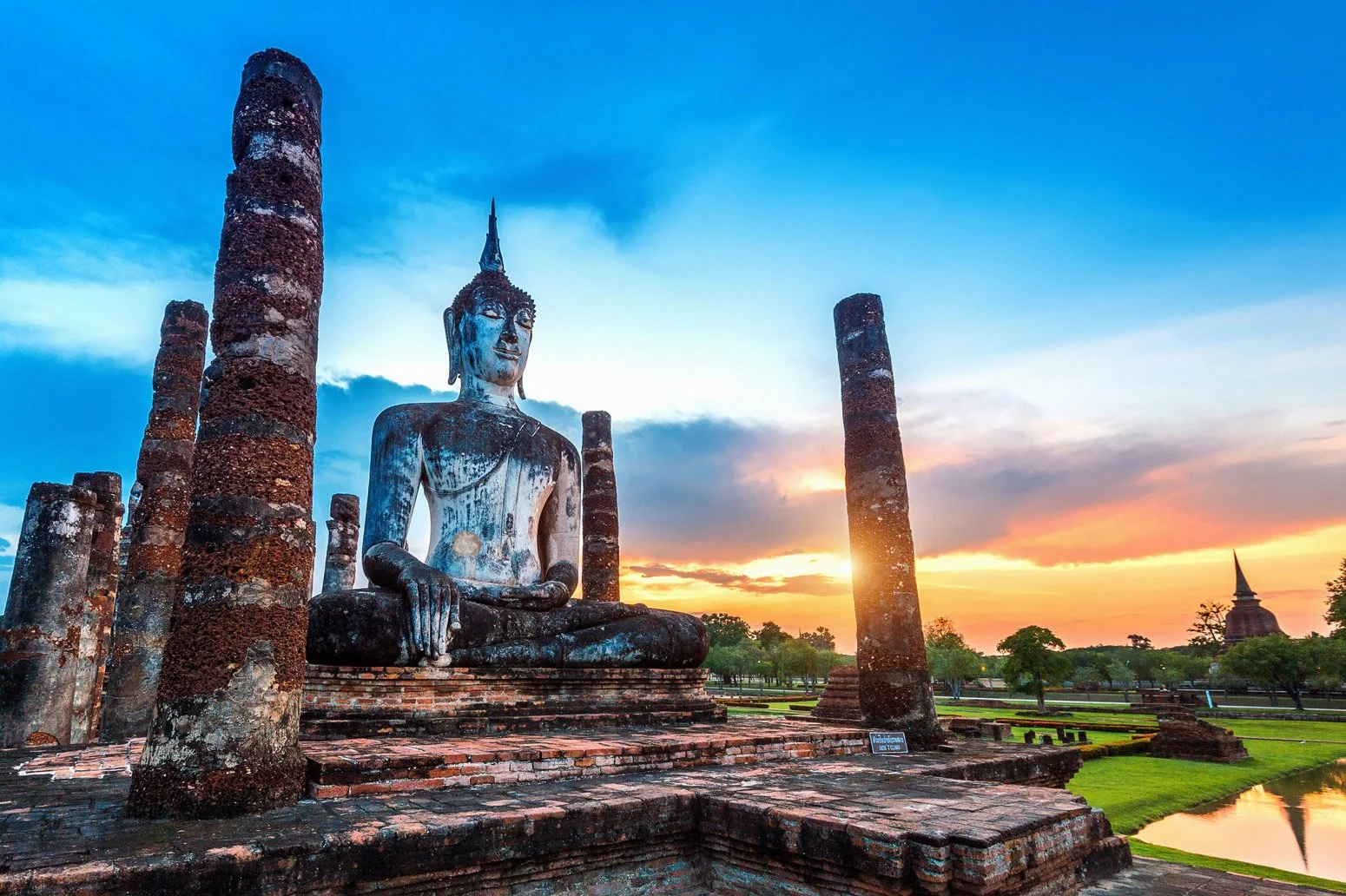
































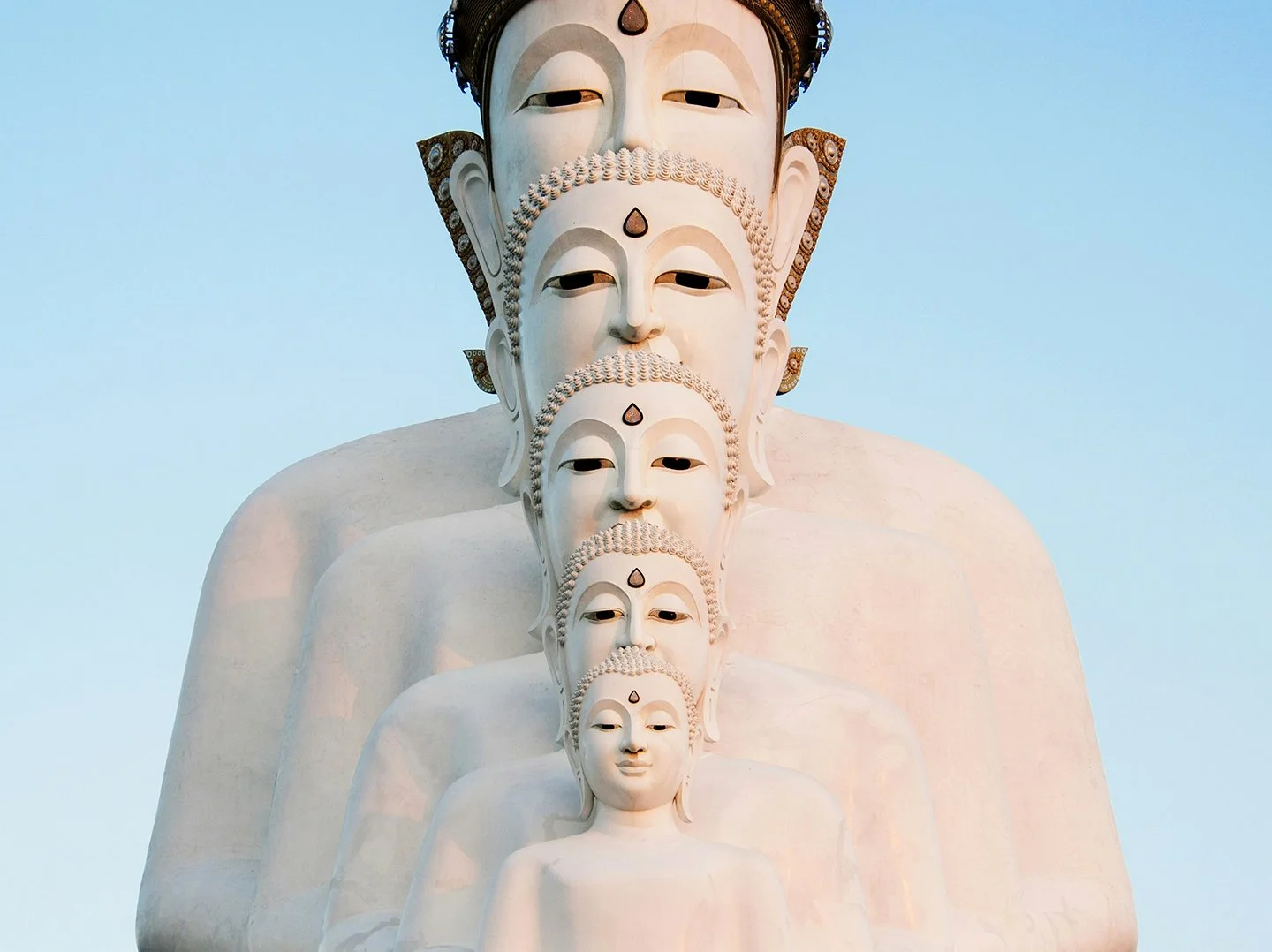






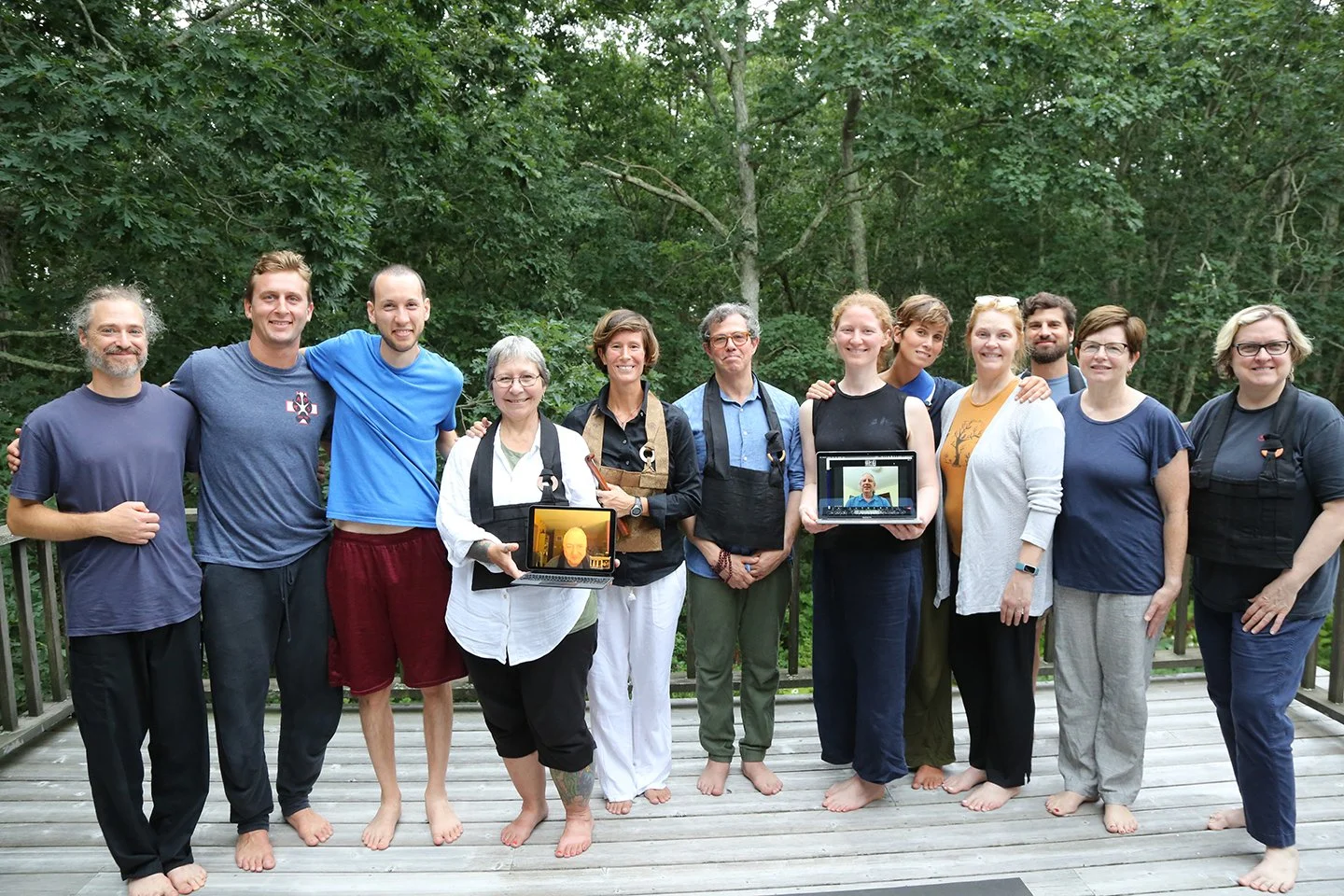





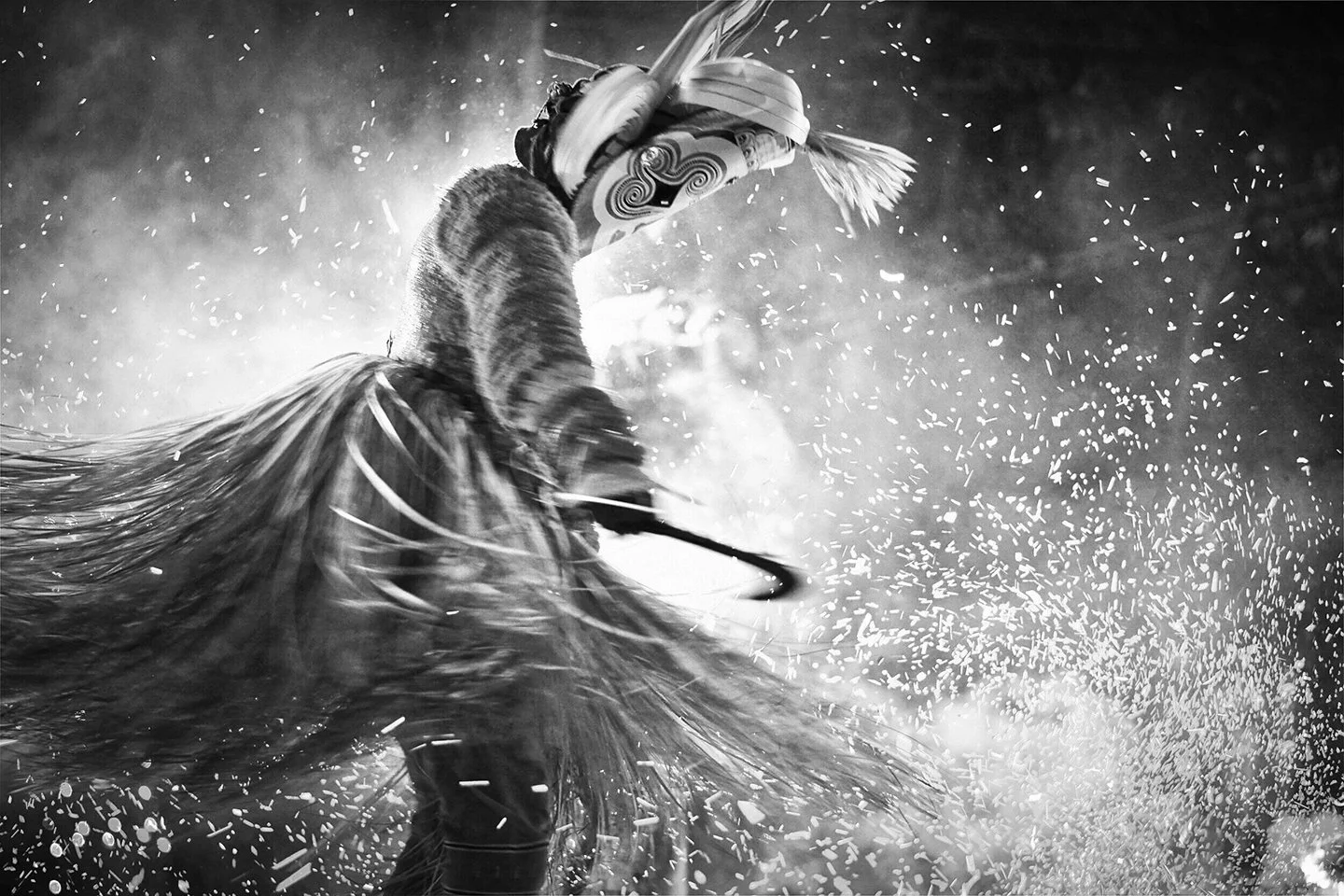

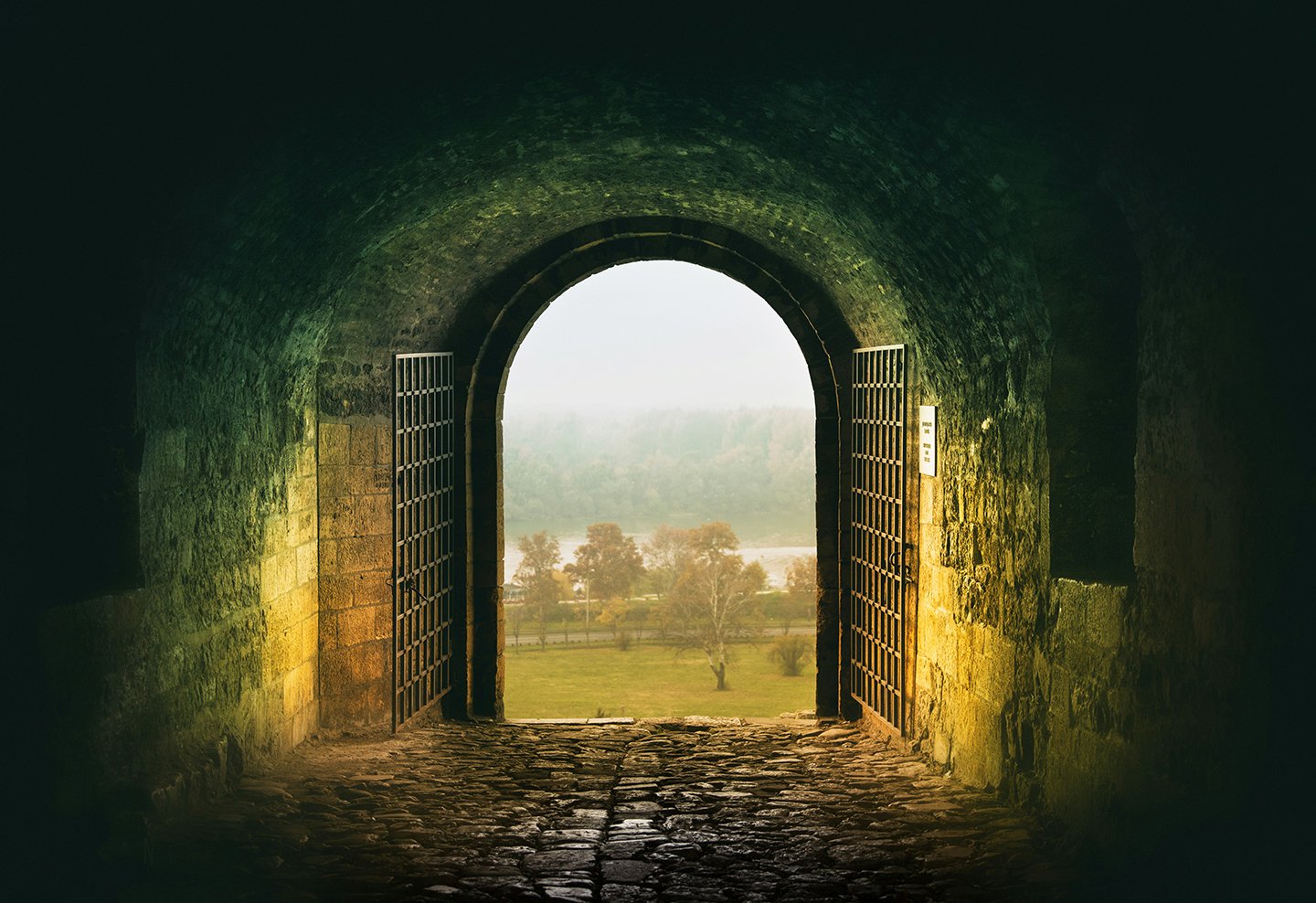

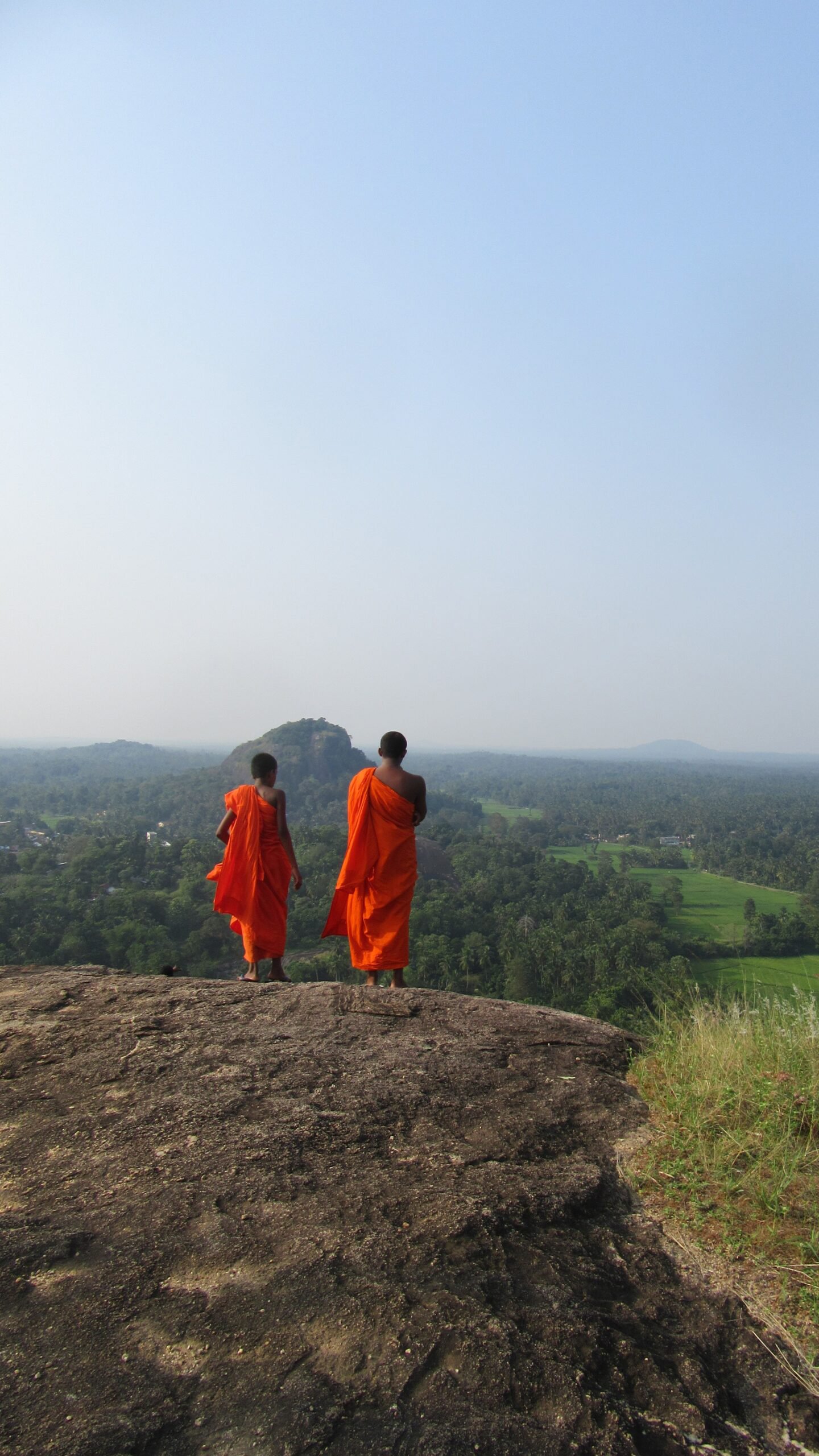
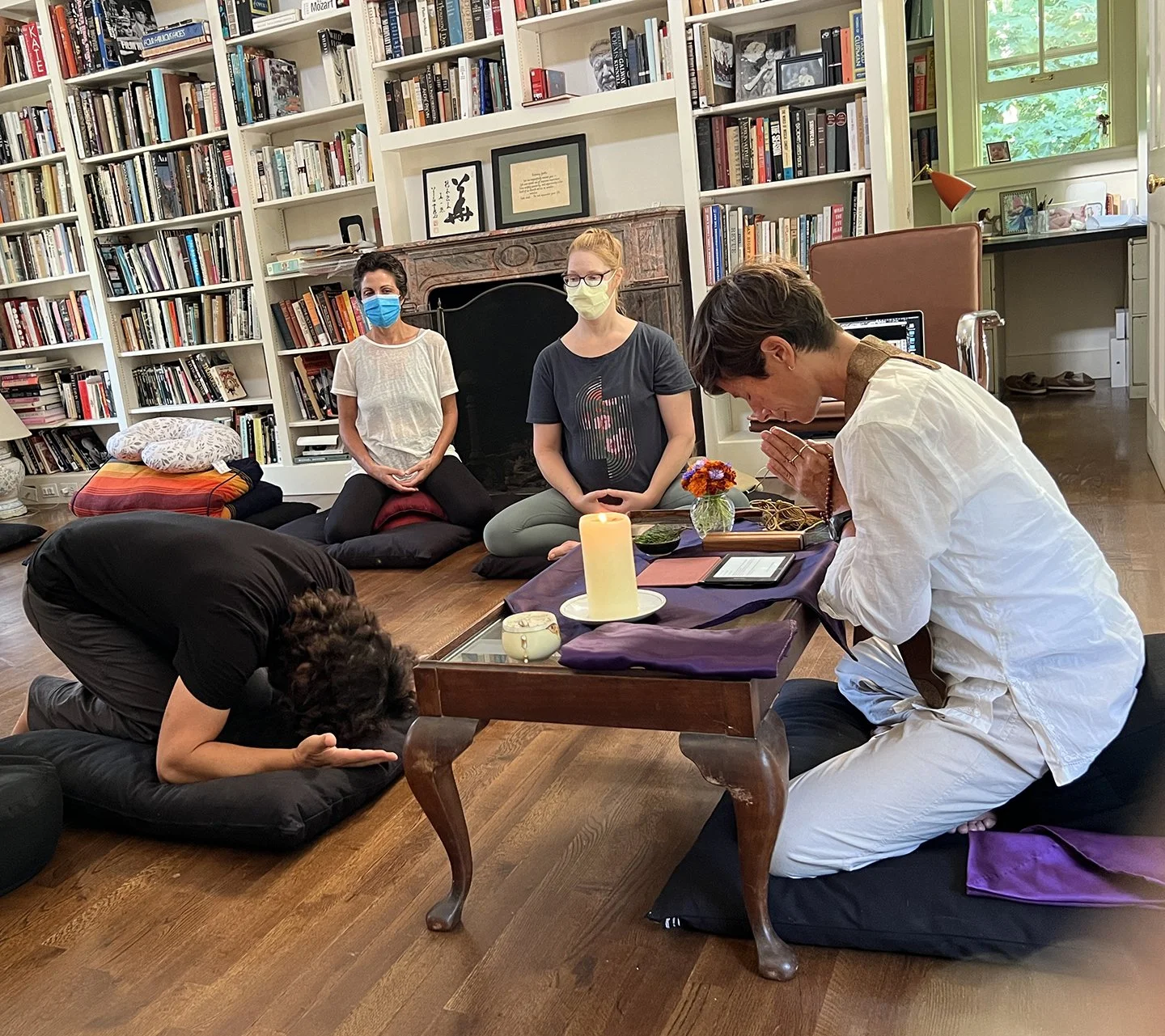





































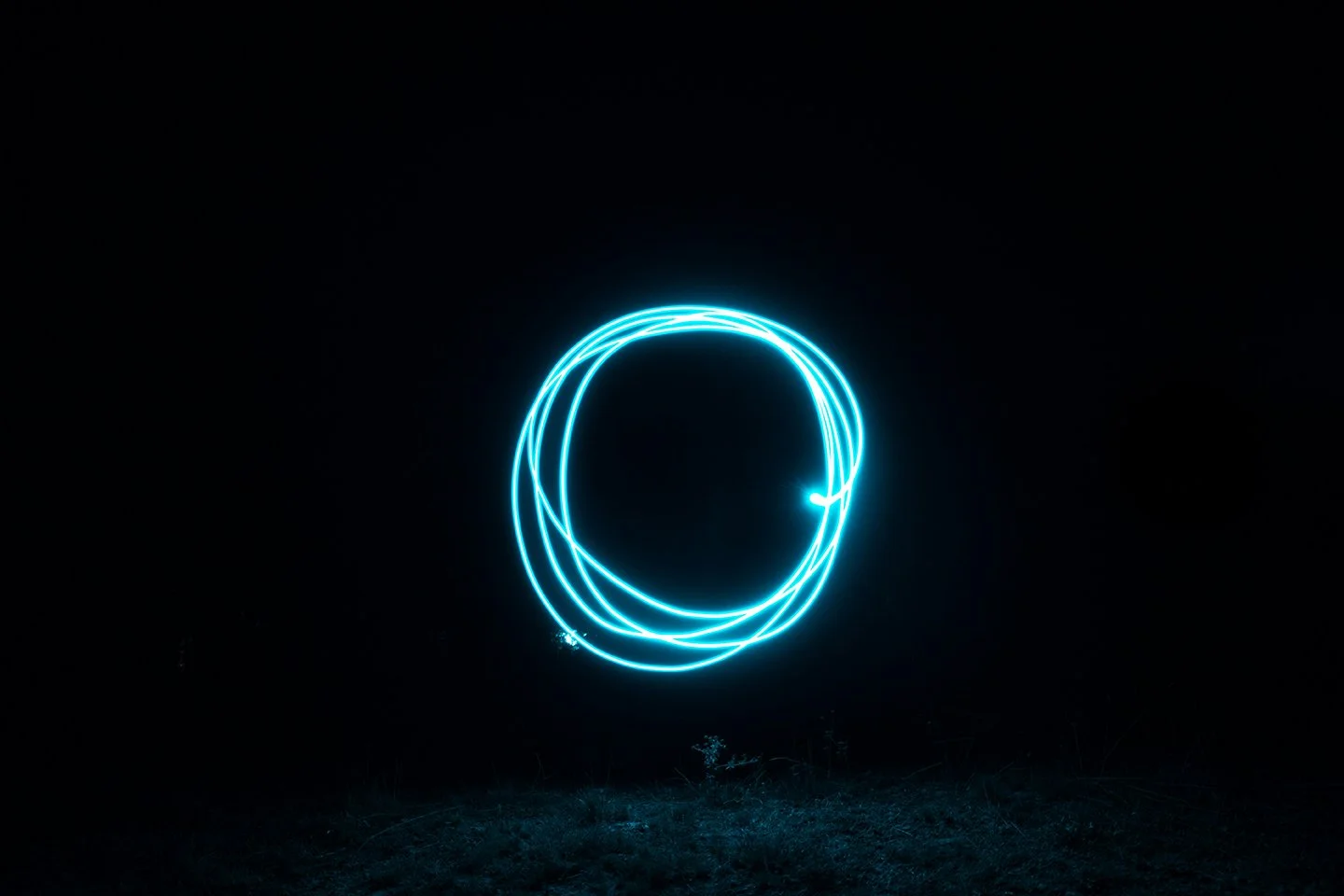





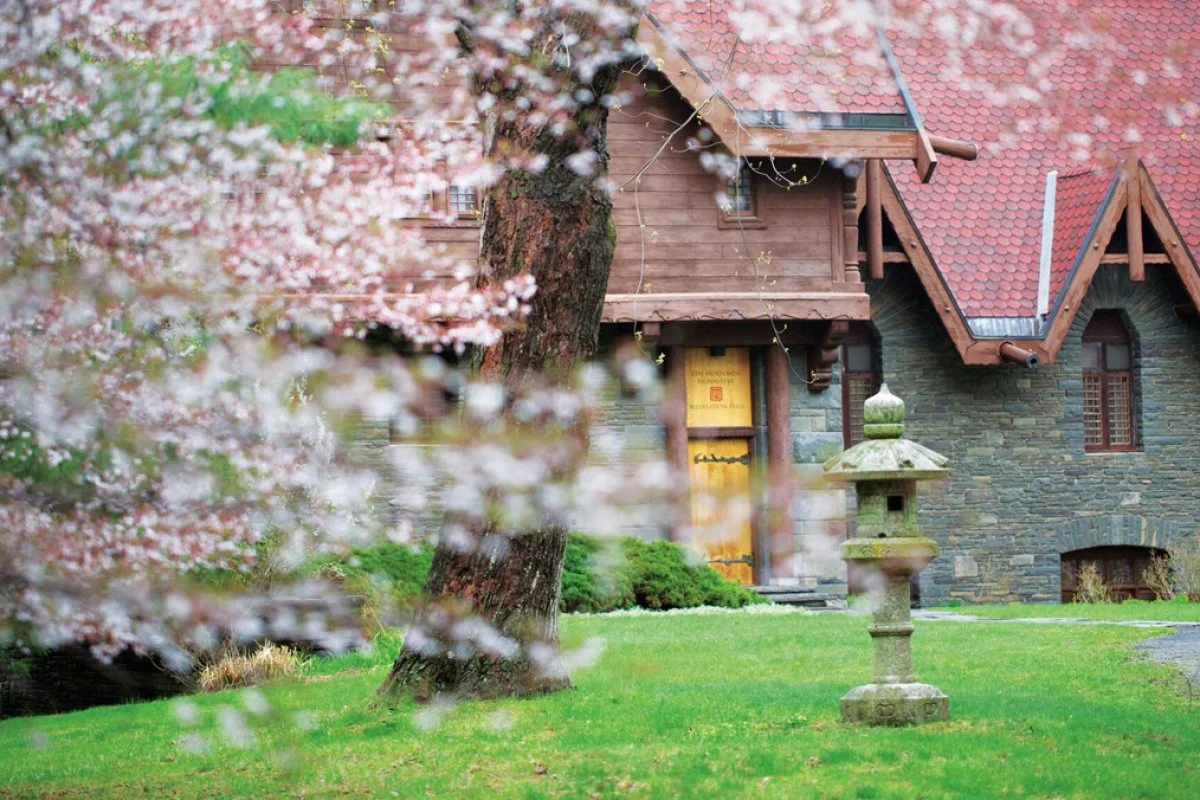



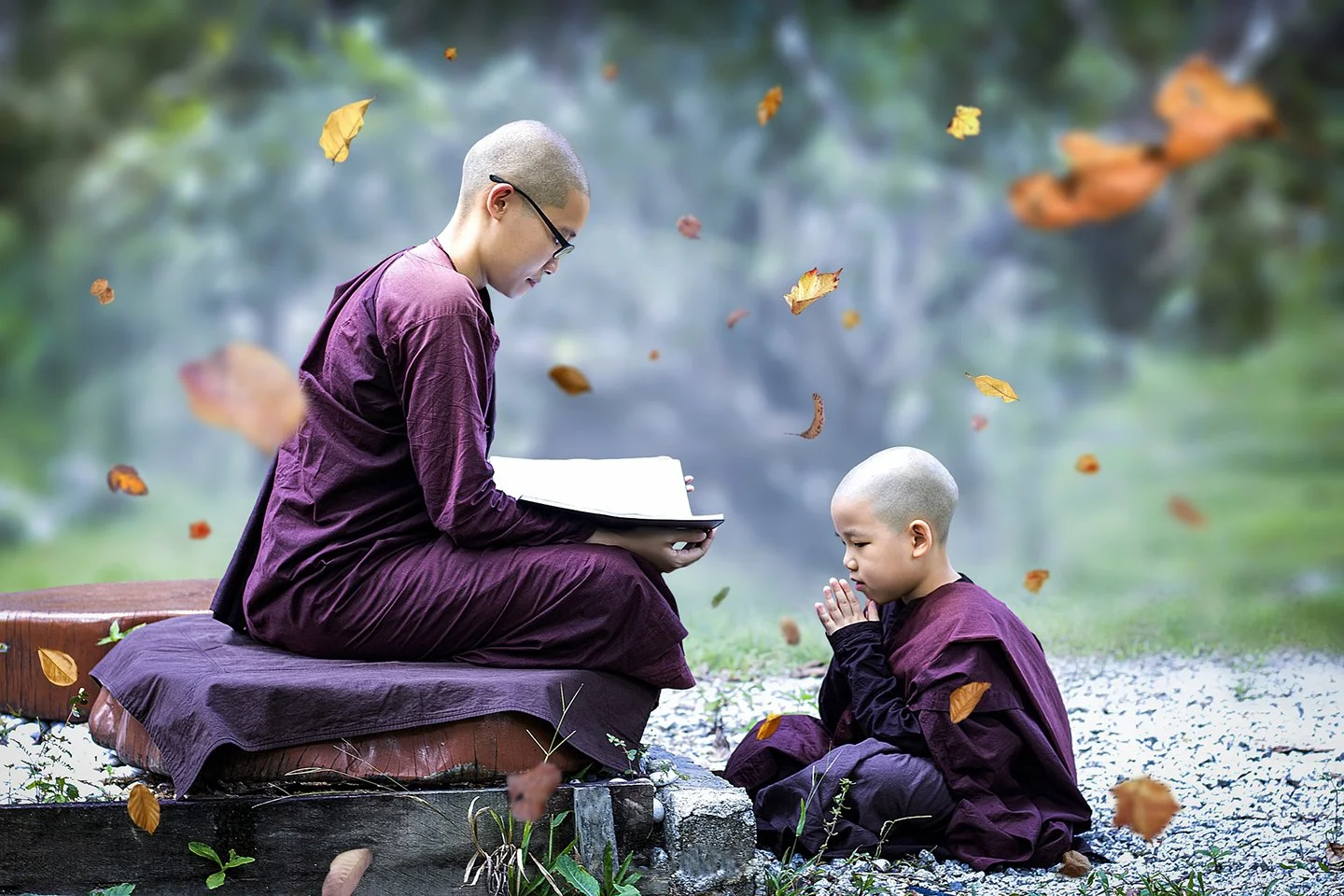










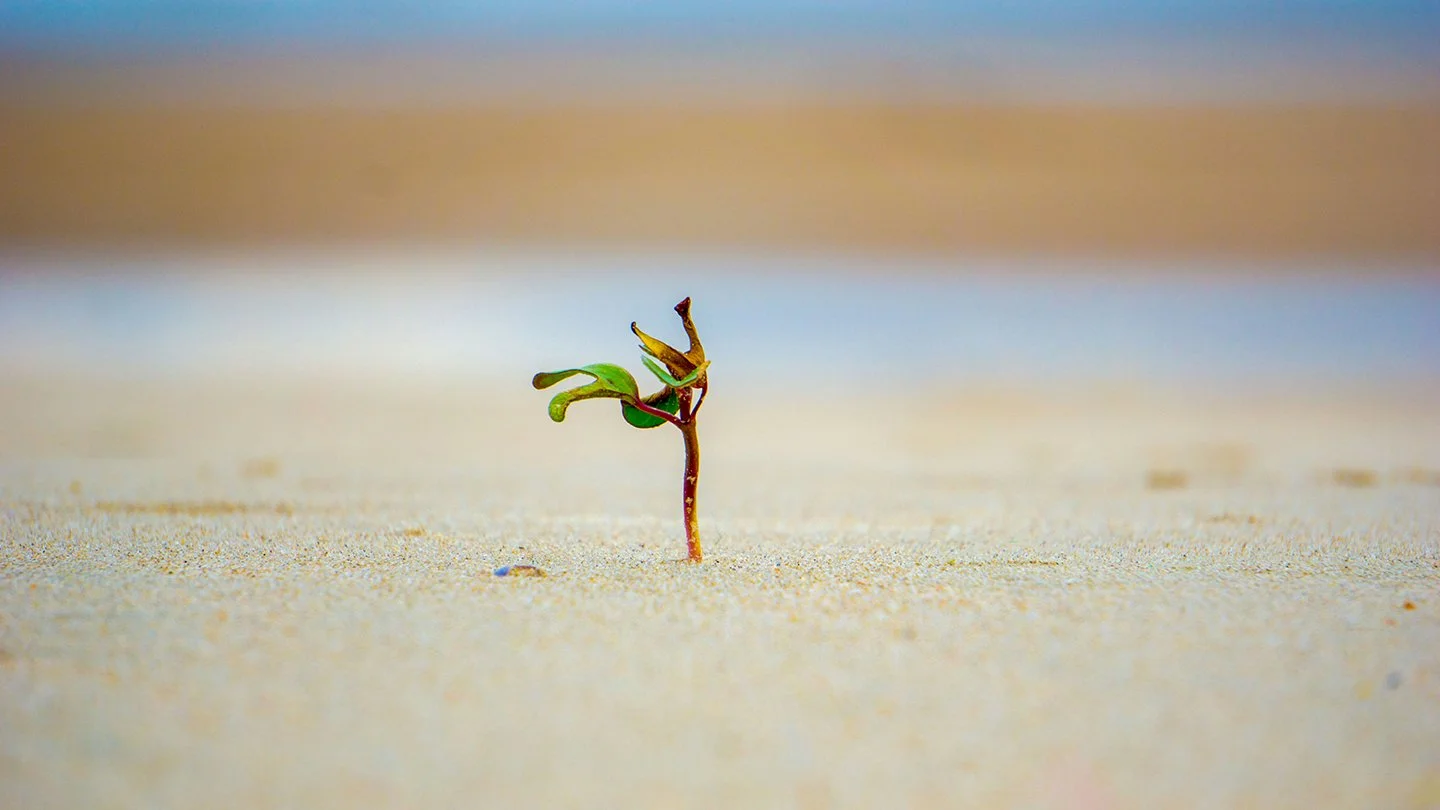







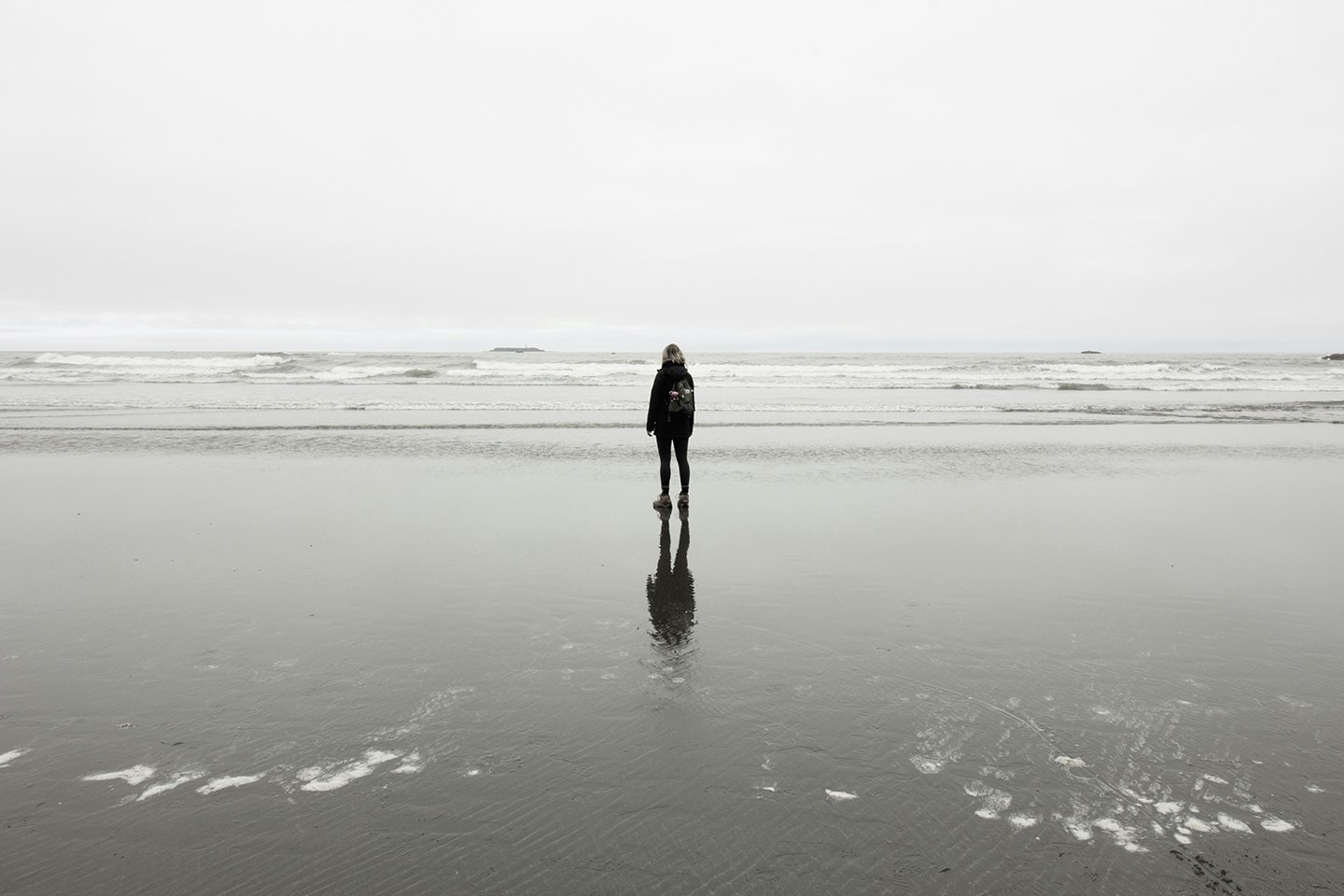













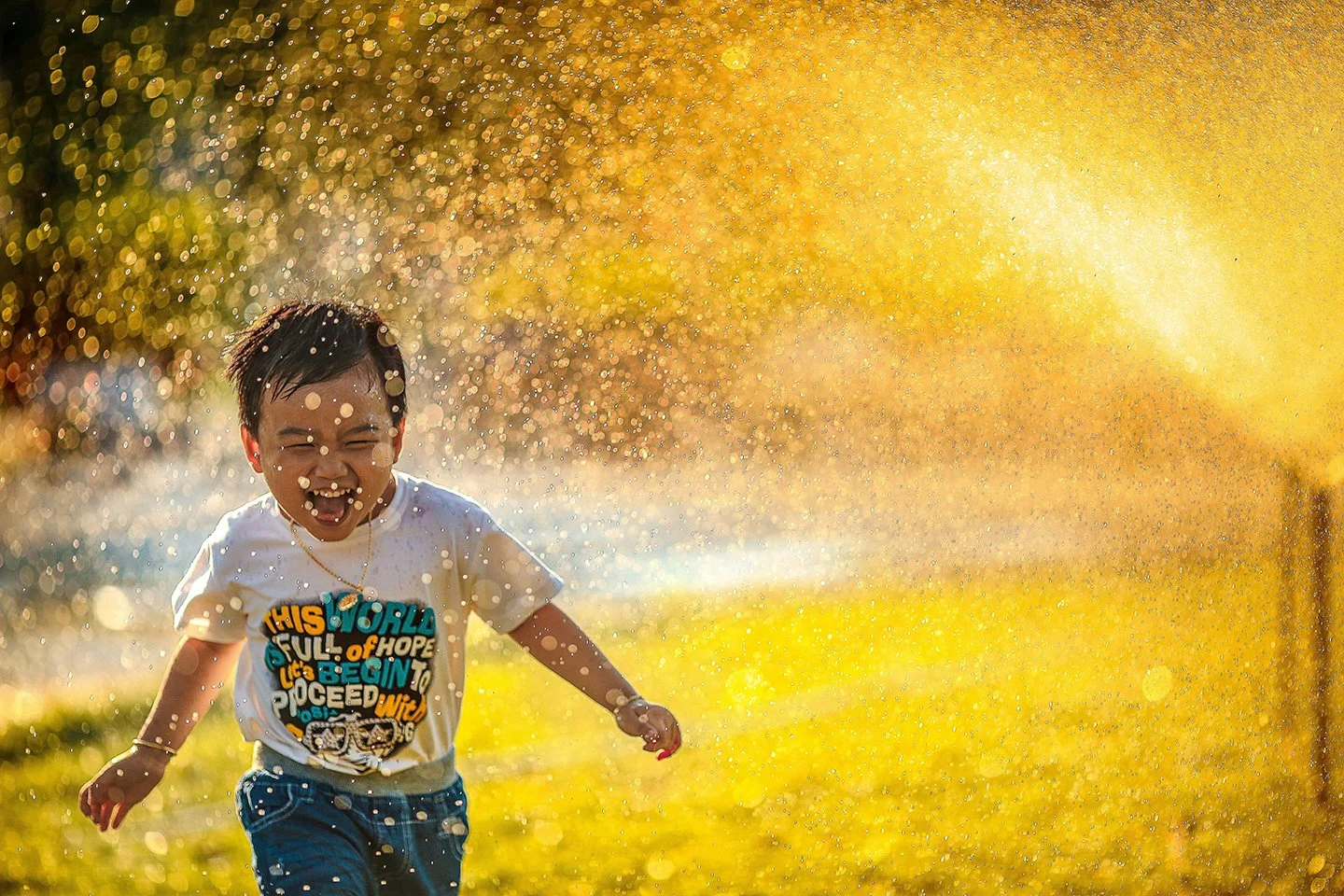





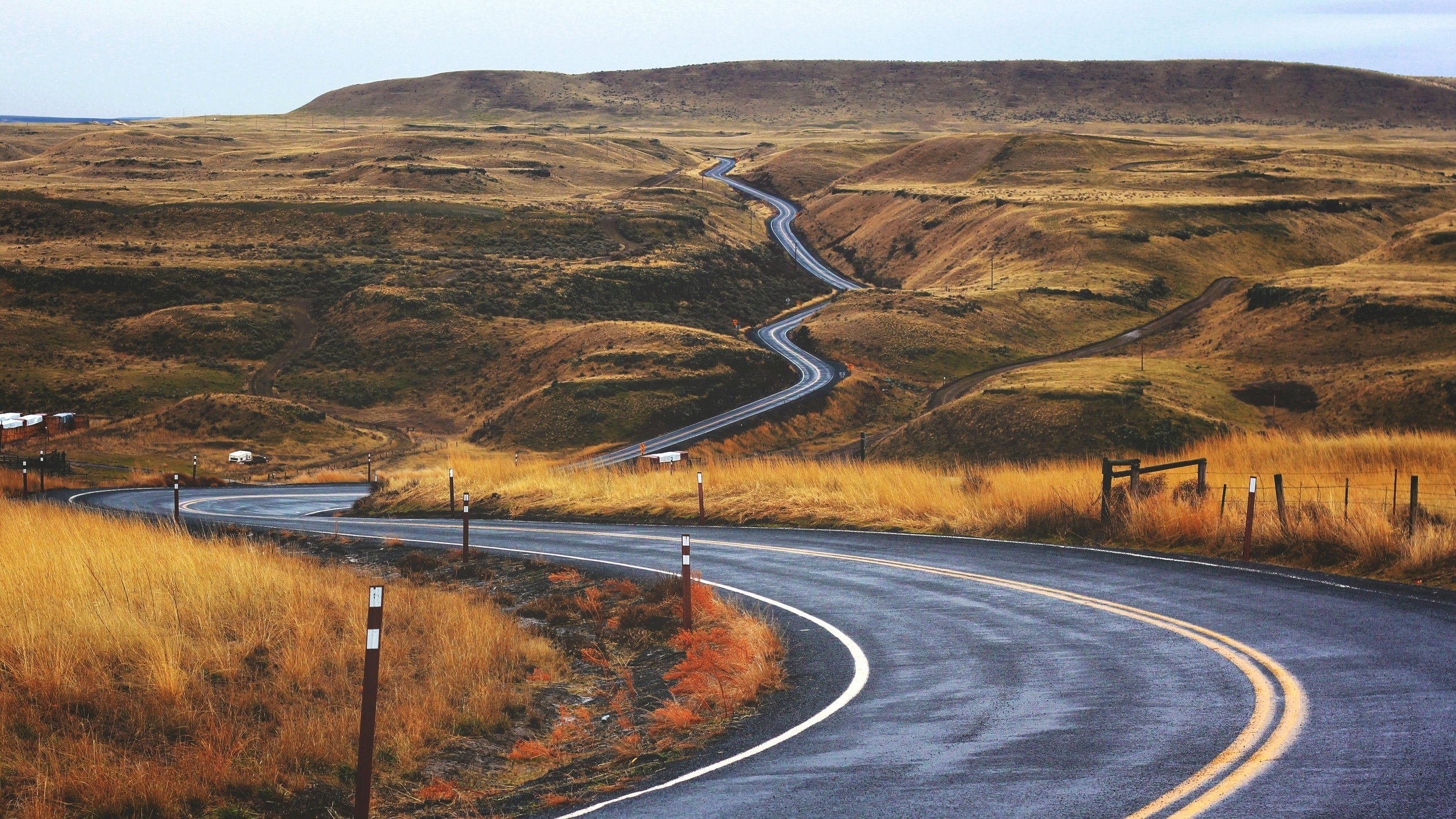
















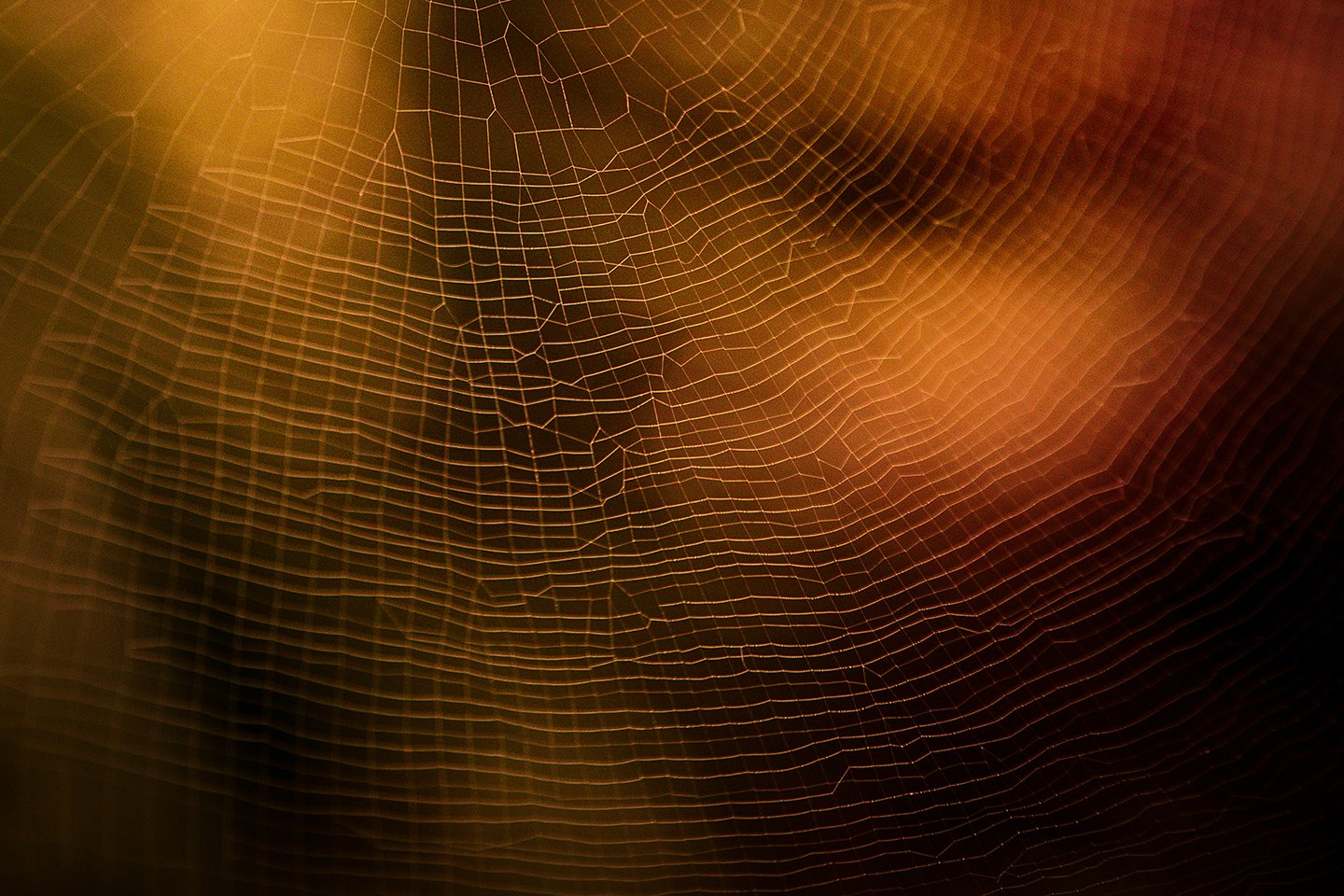




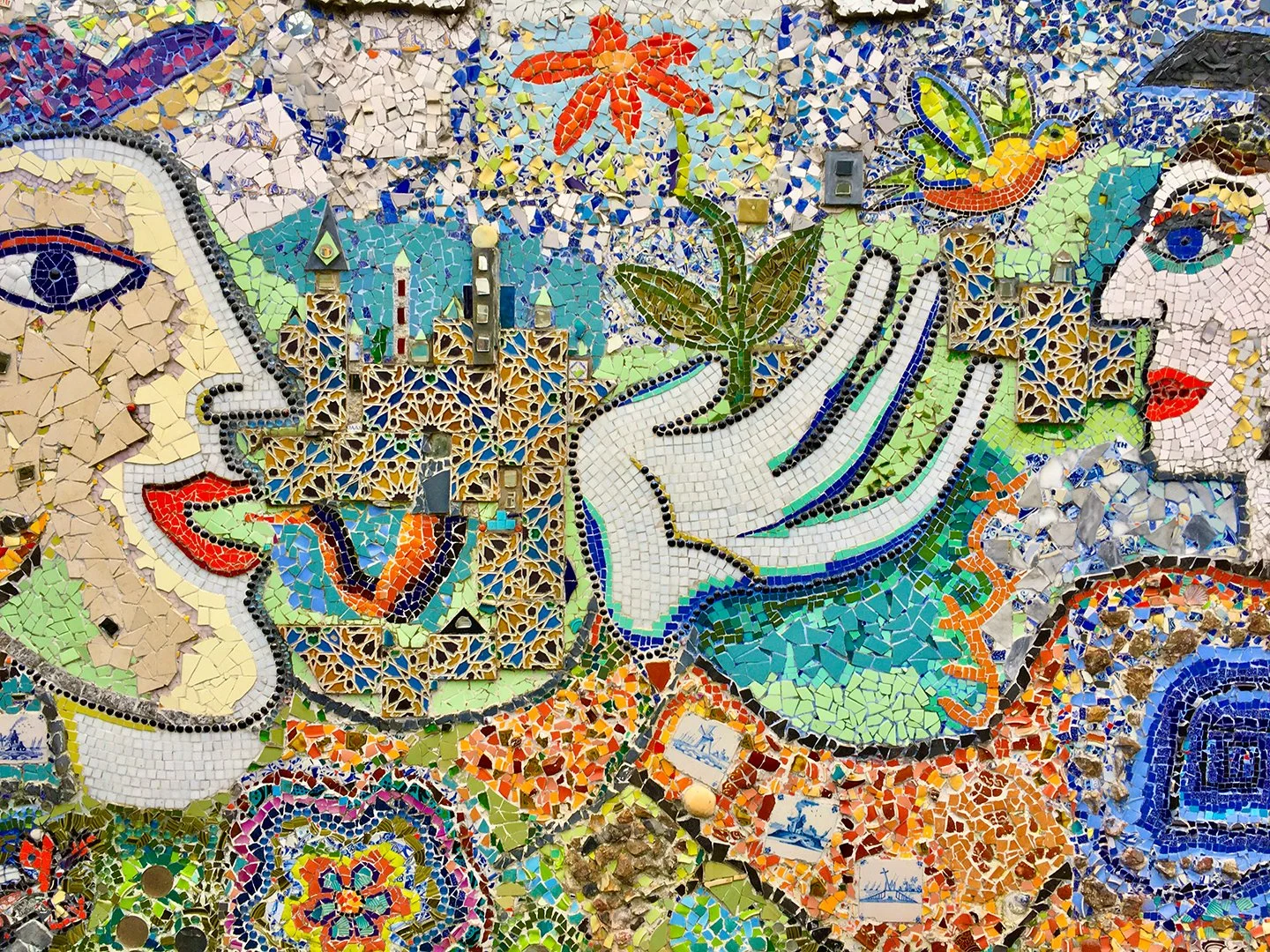
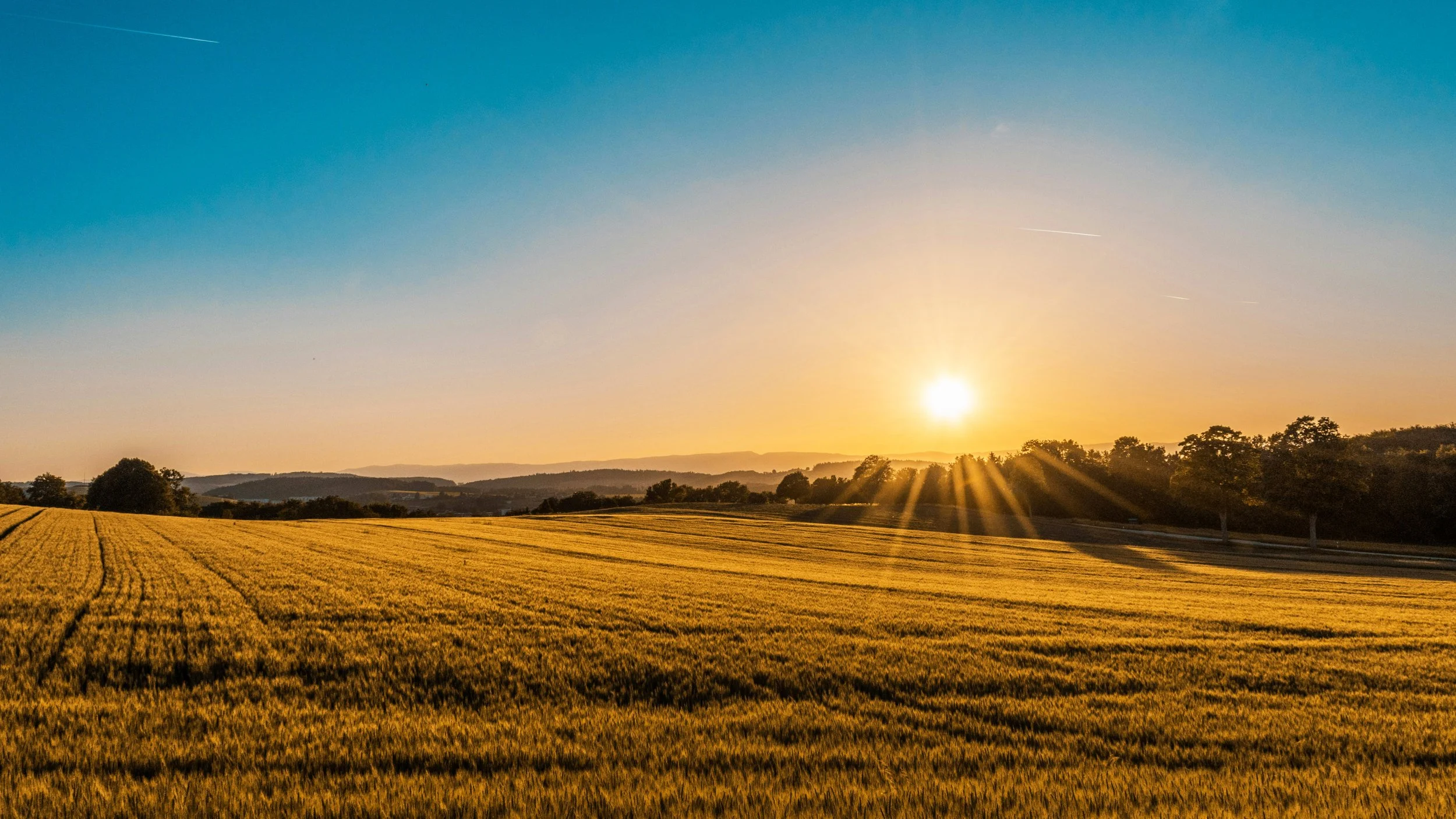



Zuisei offers the most powerful way to face the heart of loneliness and to shed the ignorance that sustains it.